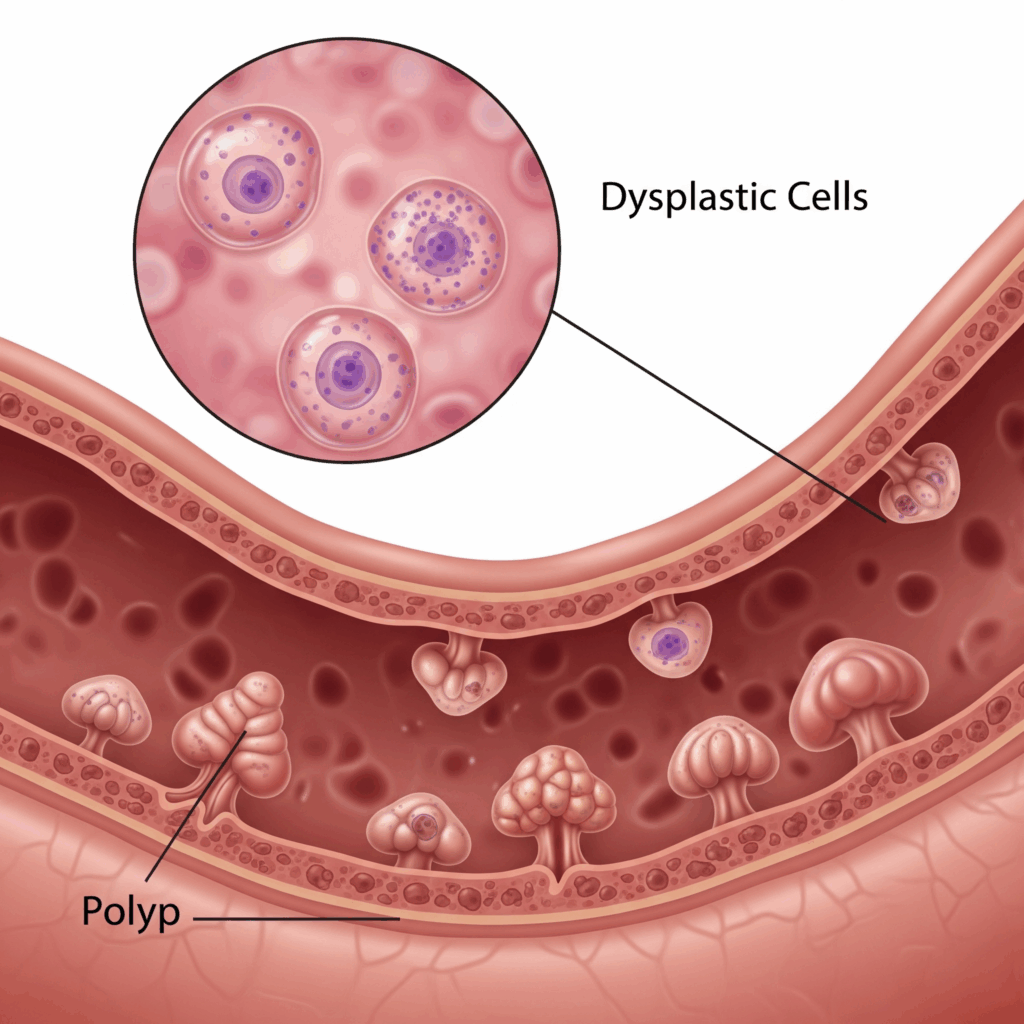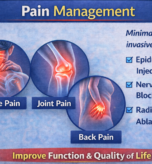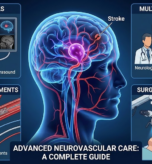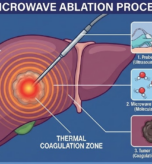8 Early Signs of Colon Cancer You Should Know: Gastroenterologist Advice
Introduction
Many people ignore small changes in digestion because they think it is stress, diet, or aging. However, some of these changes may indicate colon cancer. Detecting it early can save lives. Therefore, it is important to know the warning signs. In this article, we explain 8 early signs of colon cancer, why they matter, and what you can do.

8 Early Signs of Colon Cancer
1. Blood in Stool
Blood in stool is one of the most common early signs. It can be bright red or very dark. Often, people assume it is hemorrhoids. However, persistent bleeding may signal colon cancer.
For more information, see Colorectal Cancer – Wikipedia.
2. Changes in Bowel Habits
Diarrhea, constipation, or unusually thin stools that last for weeks can be a warning. A tumor may partially block the colon, causing these changes.
3. Abdominal Pain or Bloating
If you have constant cramps, bloating, or discomfort, it may not be just indigestion. Tumors can cause pain that worsens over time. Therefore, persistent discomfort should not be ignored.
4. Unexplained Weight Loss
Sudden weight loss without changing your diet or exercise can be a red flag. Tumors may reduce nutrient absorption, leading to unintended weight loss.
5. Fatigue or Weakness
Ongoing fatigue or low energy may be caused by slow blood loss from the colon. In such cases, anemia can make you feel weak and tired.
6. Iron-Deficiency Anemia
Iron-deficiency anemia is another early sign. Men and post-menopausal women should pay attention if they experience unusual fatigue or weakness without a clear cause.
7. Feeling of Incomplete Bowel Movements
Some patients feel they have not fully emptied their bowels. This sensation often occurs when a tumor partially blocks the colon.
8. Family History
If a parent, sibling, or close relative had colon cancer, your risk is higher. Early screening is critical for people with family history.
Facts & Prevention
- Colon cancer is rising in India, especially in urban areas.
- It accounts for 7–8% of all cancer cases, with over 70,000 new cases yearly.
- Early detection through screening tests like colonoscopy or FIT improves survival rates.
To reduce risk:
- Eat a high-fiber diet.
- Exercise regularly.
- Limit red or processed meat.
- Avoid smoking and excess alcohol.
- If any warning signs last more than two weeks, see a doctor immediately.
For professional care, visit Dr. Vrishit Saraswat, offering minimally invasive and advanced colon care.
Conclusion
Being aware of early colon cancer signs can save lives. At Dr. Vrishit Saraswat’s clinic, patients receive expert, minimally invasive treatment. Therefore, do not wait for symptoms to worsen. Book an appointment today to detect issues early and protect your health.
READ MORE :
Kidney Cancer
Heart Attack
FAQs
Q1: What are the first signs of colon cancer?
Early signs of colon cancer can include changes in bowel habits (like diarrhea or constipation), blood in stool, unexplained weight loss, persistent abdominal discomfort, and fatigue. Early detection is crucial, and Interventional Radiology (IR) techniques can help diagnose and treat certain complications with minimally invasive methods.
Q2: How can colon cancer be detected early?
Early detection involves regular screenings such as colonoscopy or stool tests (FIT/FOBT). Interventional Radiologists can also assist with imaging-guided procedures to evaluate suspicious areas and plan minimally invasive treatments when needed. See more about IR diagnostics here.
Q3: How do doctors rule out colon cancer?
Colon cancer is ruled out using colonoscopy, biopsy, CT scans, and stool tests. IR plays a role in guiding biopsies and imaging-based evaluations, allowing precise diagnosis with less discomfort. Find out more about IR procedures here.
Q4. Where does it hurt if you have colon cancer?
Pain is usually in the abdomen or lower belly, sometimes with cramps, bloating, or localized discomfort. Interventional Radiology can help manage symptoms, reduce complications, and even treat certain tumor-related issues with minimally invasive techniques. Explore treatment options here.






